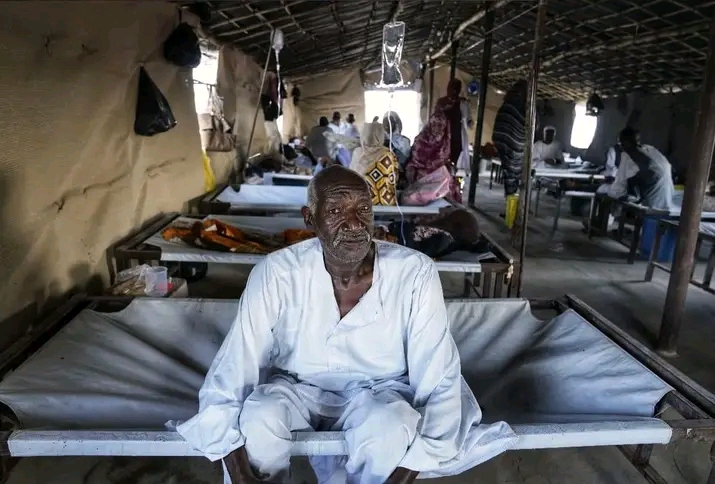The United Nations Children’s Fund (UNICEF) has warned of a potential surge in cholera cases in Sudan as a result of a critical shortage of chlorine supplies.
Many Sudanese communities have resorted to drinking river water or groundwater from shallow wells after Rapid Support Forces (RSF) bombed power stations, which in turn led to the outbreak of infectious diseases.
In its report on cholera, UNICEF stated that the total current need for chlorine products is 400 tons, while only less than 12% of the minimum emergency requirement is currently available.
UNICEF noted that the available chlorine is only sufficient for one month, covering the needs of 700,000 people. Any disruption in supply would significantly impact service continuity, causing a sharp increase in cholera cases and leaving 6.5 million people without the essential chlorine needed to ensure water safety.
The agency has developed a water and sanitation supply chain, including chlorine and other water treatment chemicals, to serve 9 million people across 188 areas in Sudan.
Meanwhile, the World Health Organization (WHO) estimates that over half a million Sudanese are at risk of contracting cholera.
